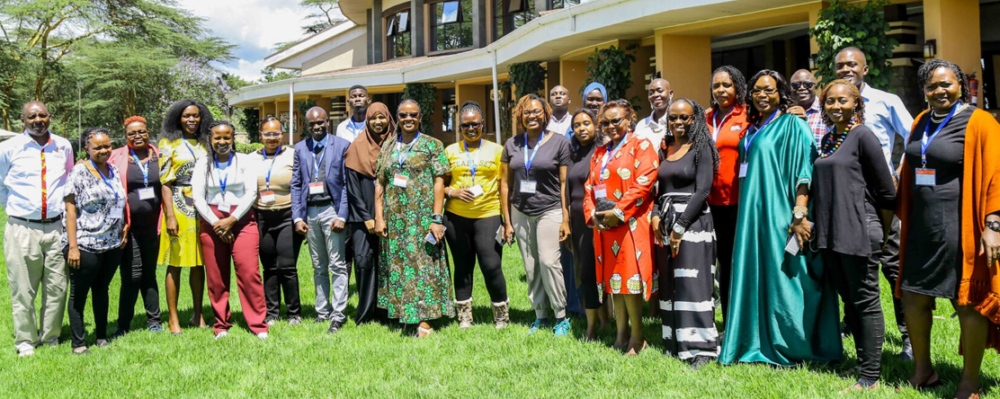
In the News
Health Disparities, Assimilation Threaten ‘Latino Paradox’
-
Focus Areas
Chronic Disease Prevention -
Programs
Cultiva La Salud/Central California Regional Obesity Prevention Program
 Genoveva Islas, Director of PHI’s Cultiva La Salud, is featured in this Sacramento Bee article which explores a recent health trend in Sacramento’s Latino community: Despite the high life expectancy of Sacramento’s Hispanic population, new data suggest that the life span advantage will fade as Mexican immigration slows and generations of Latinos assimilate.
Genoveva Islas, Director of PHI’s Cultiva La Salud, is featured in this Sacramento Bee article which explores a recent health trend in Sacramento’s Latino community: Despite the high life expectancy of Sacramento’s Hispanic population, new data suggest that the life span advantage will fade as Mexican immigration slows and generations of Latinos assimilate.
Maria Watts remembers digging as a child through her family fridge for tamales before school each day. The traditional Mexican fare, left over from one of her family’s nightly sit-down dinners, made for an excellent breakfast hand-prepared by her immigrant mother.
Home-cooked meals, neighborhood soccer games and religious traditions are thought to be crucial to “the Hispanic Paradox,” a term researchers have applied to the fact that Latinos continue to enjoy the longest life expectancy despite being some of California’s most impoverished and least insured residents.
The life expectancy for Sacramento’s Hispanic population towers at 87.7 years, eight years beyond the average for all county residents, according to the 2014 Sacramento County Health Status Report. That is 3.6 years beyond the next ethnic group, Asian Americans, and nine years beyond Caucasians.
But an emerging body of research suggests that as Mexican immigration slows and generations of Latinos assimilate, the life span advantage will fade. Initiatives are underway in the Central Valley and beyond to figure out how to preserve it.
Originally published by The Sacramento Bee
More Updates
Work With Us
You change the world. We do the rest. Explore fiscal sponsorship at PHI.
Support Us
Together, we can accelerate our response to public health’s most critical issues.
Find Employment
Begin your career at the Public Health Institute.



